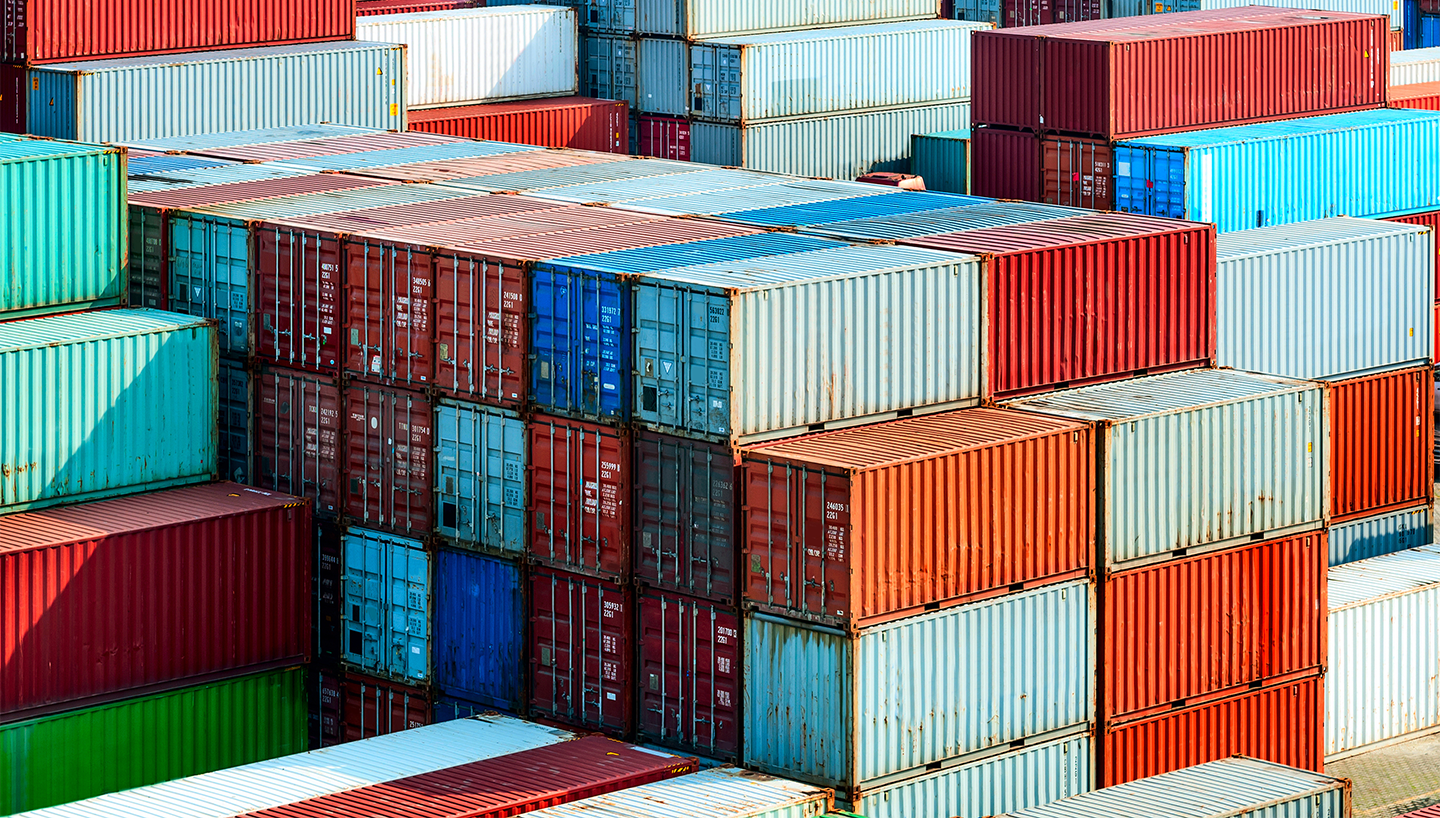
MyHomeGuard is more than just household insurance. It provides cover for ATM assault, injuries resulting from theft, and personal accidents that occur outside your home.

Life has so much to offer. To ensure that you live yours to the fullest, our life protection insurance provides comprehensive solutions to grow your wealth and to protect your health according to your changing needs and goals.

Chubb leverages superior underwriting expertise and world renowned claims, account services, and financial strength to offer solutions for small and medium businesses.

Today’s multinational organizations face complex and interconnected risks. We offer insurance solutions that are tailored to global needs as well as local requirements, helping them address their risk management challenges.


Our partners’ contributions to our success are undeniable. As one of the world’s largest and strongest insurers, we offer a range of products and services capabilities through our distribution channels to ensure yours, too.

Chubb has a proven track record of maximising ancillary revenue for more than 120 business partners across Asia Pacific.


Protect your travel adventures, home, and everyday moments with Chubb’s General Insurance. Enjoy flexible coverage from a global insurance leader and buy online in minutes—peace of mind is just a click away.

Buy life insurance online for all your needs—critical illness, accidents, and term life. Enjoy comprehensive protection, health and wellness benefits, and flexible coverage options with easy online purchase.
On March 11, 2020, the World Health Organization (WHO) declared COVID-19 a pandemic, acknowledging the global reach of the the virus. Countries and territories worldwide have established a range of restrictions, which have grown in severity as the death toll climbs. We are now living in a “new normal” that includes travel restrictions, limitations on assembly, and movement control.
COVID-19 has rapidly transformed culture and society in nations in every hemisphere, altering how people live, study and work. In this dynamic environment, businesses are seeking to take the most effective actions to support their employees’ health, safety, and well-being. Below, Chubb provides general guidance for employers to consider for protecting their employees during the pandemic.
Understand the role of your industry
The COVID-19 pandemic is impacting virtually every type of business and industry. Your company’s response to the pandemic—and how you support your employees—will depend on the local impact of the crisis; the nature of your business; and, critically, your industry’s role in combating the virus and providing essential services.
If your industry provides essential services—and especially services that require employees to continue working in public places and interacting with other people—your company may have special responsibilities to protect employees while remaining operational.
Essential services include but are not limited to healthcare; food and agriculture; energy; transportation and logistics; water and wastewater; financial services; telecommunications and information technology; critical manufacturing; government services; and more.
You should consider benchmarking your activities, monitoring and evaluating your response against what peer organizations are doing. You may also want to consult with your industry’s trade organization and follow their guidance.
Support safety in the workplace
If your employees cannot work from home and will be providing essential services, it’s important to take critical steps to protect their health, including:
- Providing face masks for employees.
- Regularly cleaning and disinfecting workspaces and equipment.
- Enabling social distancing of at least six feet (two meters) in work areas.
- Checking the temperature of employees before they enter work areas.
Keep in mind that your operations may be limited by local or national government restrictions. For example, restrictions on movement may limit your ability to receive raw materials or deliver products. You may want to consult with legal counsel to ensure compliance with regulations.
Taking robust actions to protect your employees is the right thing to do for your workforce. Supporting safe, responsible operations can also help your business maintain a positive reputation with employees, recruiters, and the broader public.
Reinforce healthy work-from-home practices
In response to the pandemic, millions of employees worldwide are now working from home. Your business can support the health and well-being of remote employees through several actions, including:
- Providing remote employees with the software, services, tools, and equipment they need to work.
- Offering training and support on specific technologies and on steps to stay healthy while working from home.
- Maintaining ongoing, open communications with employees that support both work and social contact.
- Encouraging employees to take breaks and engage in physical activity.
- Providing resources and support, such as a mental health hotline, that help remote employees address stress and isolation.
- Create opportunities for online fun, learning, and socialization, such as hosting a virtual happy hour or “lunch and learn” webinars.

See “Supporting the Mental and Physical Health of Your Remote Workforce,” for more information and ideas.
Insights and Expertise






Have a question or need more information?
Contact us to find out how we can help you get covered against potential risks.
No part of this article may be reproduced in any written, electronic, recording, or printed form without written permission of Chubb.
Disclaimer - All contents of this article are intended for general information/guidance purposes only and not intended to be an offer or solicitation of insurance products or personal advice or a recommendation to any individual or business of any product or service. This article should not be relied on for legal advice or policy coverage and cannot be viewed as a substitute to obtaining proper legal or other professional advice, or for reading the policy documents. You should read the policy documents to determine whether any of the insurance product(s) discussed are right for you or your business, noting different limits, exclusions, terms and conditions apply in each country or territory, and not all cover is available in all countries or territories.

